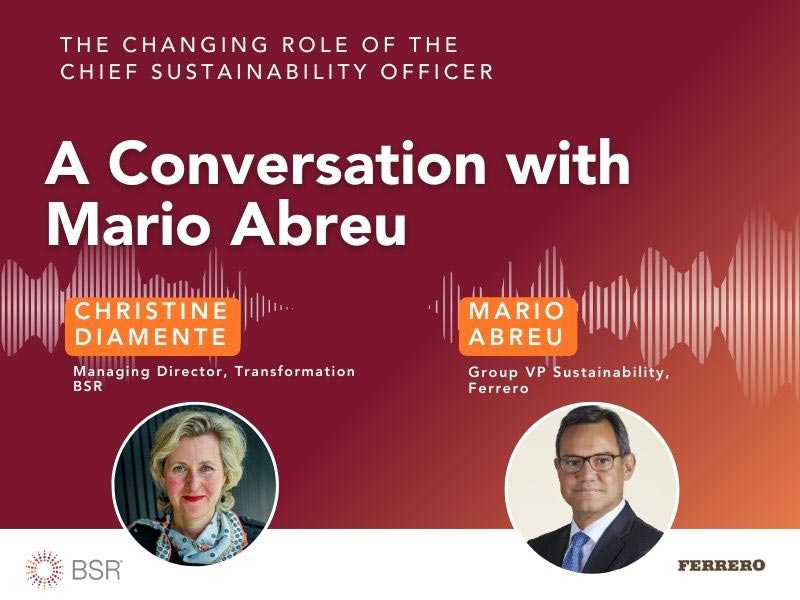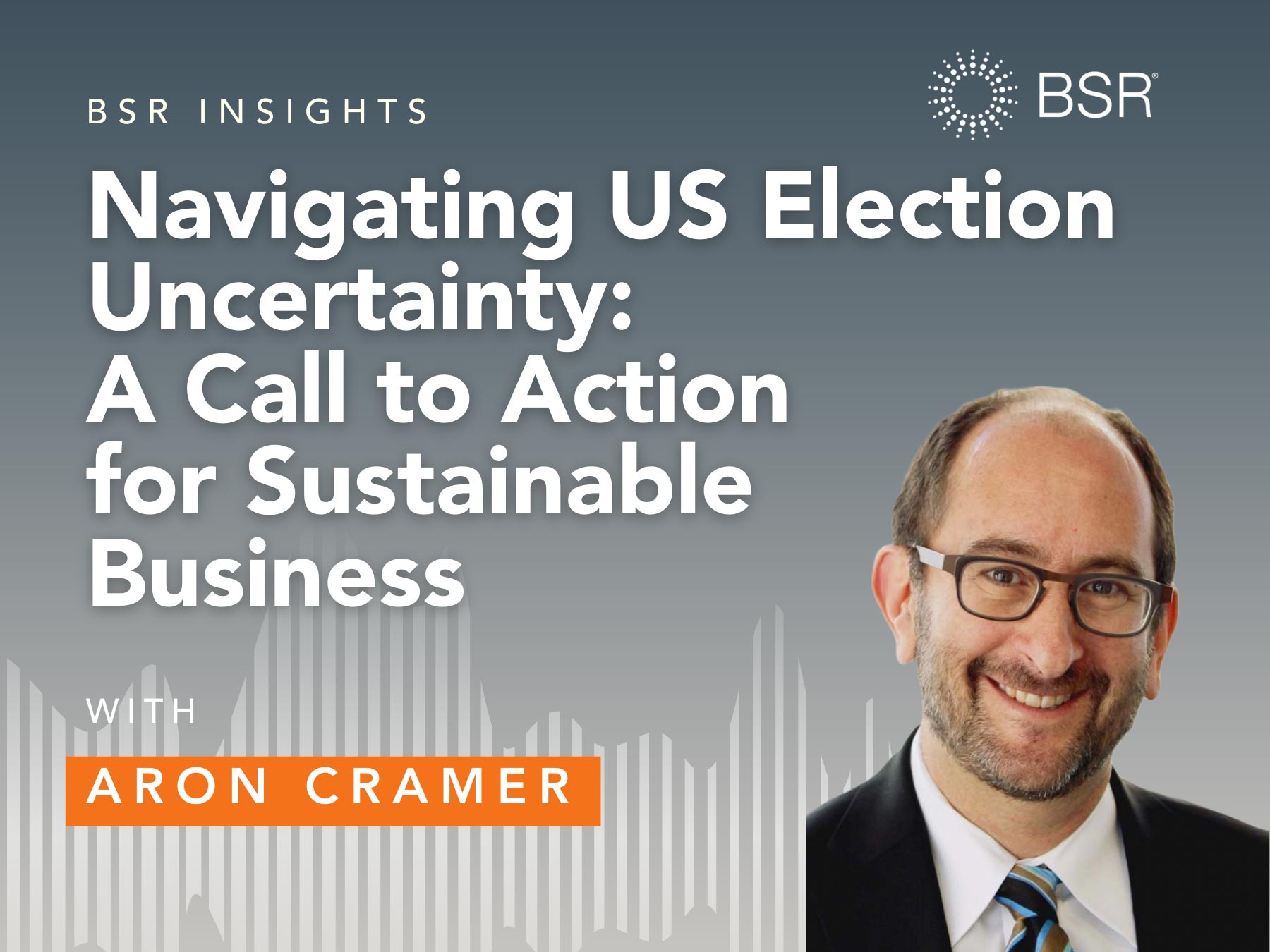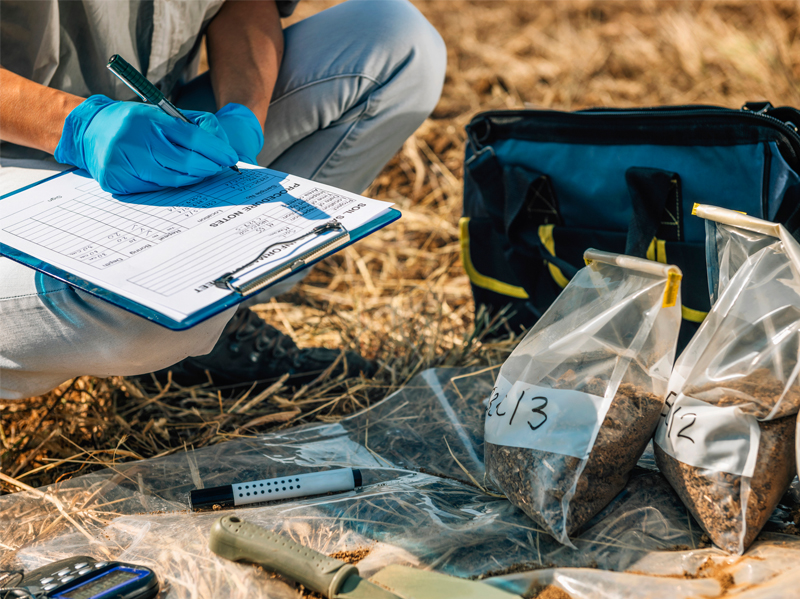
Authors
“Wings of Change” was the title of a pandemic-based future scenario that I coauthored in 2008 when working for a strategic consultancy firm. Scenario planning is a disciplined method for imagining plausible future states in which companies envision what it will take to "future-proof" their business model, remain relevant, and ensure sustainability amidst a range of alternative environments. It is a tool for strategic thinking.
I recently reread the scenario narrative with some trepidation. Even though the imaginary killer virus was a bird flu of the H1N1 type (not a coronavirus), the scenario was eerily comparable to our current state of the SARS-CoV-2 pandemic. “Wings of Change” was an imaginative future state that came to life—and came into our lives.
As dramatic and honestly—scary—as that scenario was to research and write, the resulting national health care system that rose up from the fictional pandemic was forever changed for the better. The virus was a catalyst for reformation of a health care ecosystem that vigorously focused on health promotion, health prevention, and the reframing of community health. Local and public health care was reimagined. Health—not sickness—was prioritized, and accountability for a healthy society was shared widely. Health and health care were "socialized." Not through a single-payer model, but literally through the mobilization and collaborations of citizens, businesses, public and private health care providers and through a lightning-speed step change in health analytics, artificial intelligence, and technologies. In "Wings of Change," the fictional pandemic was a catalyst for sustained improvements in health and health outcomes.
As we move through and beyond this real-world, global—and human—experience, we will be left with heartbreaking stories of untimely and widespread deaths, massively disrupted lives and economies, and selfless heroic acts of humanity. Coming out of the fog of disruption and renewal will also come gifts. Yes, gifts.
As a health care strategist, business executive, and advocate for well-being, I’d like to share my views of three consequential gifts that will materialize from this pandemic and the role that companies can play in amplifying the value of those gifts to society.
Gift #1: A Vital Appreciation of Mental Health
People will have experienced physical and social isolation in ways that were unimaginable just weeks prior to the pandemic. Anxiety, depression, loneliness, and sustained worry over the virus and the personal and economic consequences to families and businesses may linger for some time. For those with underlying mental health conditions, fragile emotional health, or individuals who struggle to cope with change, the recovery period will be especially difficult. Since everyone will be impacted by this shared experience, the stigma of mental health will be muted.
This vulnerable period presents an opportunity for employers to establish greater parity between physical health and mental health for employees. Companies can implement policies and practices that support healthy bodies and minds. Organizations can create a culture that leverages our shared experience to reduce the stigma associated with mental health by providing and promoting resources, tools, and programs.
When studying which illnesses impact productivity and performance the most, mental illness is at or near the top for most employers. At Merck, mental and emotional health are strategic priorities in support of our workforce. By sharing personal stories of how people—especially leaders—were affected by the pandemic, others will be comforted to come forward for help. Companies can embrace a holistic "total worker" view and acknowledge that there is no health without mental health. Leaders and grassroots efforts can hasten the elevation of mental health as a key component of well-being. The aftermath of the pandemic will mandate heightened awareness of, attention to, and action on employee mental and emotional wellness. Mental health can come out of the corporate closet for good, and businesses can lead the way.
Mental health can come out of the corporate closet for good, and businesses can lead the way.
Gift #2: The Value of Vaccination
The SARS-CoV-2 pandemic is a harsh reminder that immunity through vaccination is one of the most effective measures we can take to protect our societies and economies from disease outbreaks. We are seeing a public outcry for new treatments and new vaccines effective against the novel coronavirus. Companies are coming together in unprecedented ways to research and test vaccines and treatments against COVID-19. Decades of evidence indisputably demonstrate that vaccines serve a critical public health need. We know that vaccines save countless lives. It can be argued that on a population health scale, vaccines are the greatest achievement of medical science. Belief in the power of immunization will be renewed.
Employers are uniquely positioned to encourage and promote appropriate vaccination of their workforce. Through health education and promotion, health fairs, vaccine clinics, benefits coverage and by leadership example, companies can boost understanding of, access to, and confidence in vaccination. With over 100 million workers in the U.S., employers have the capacity to increase immunization by supporting vaccination and protecting employees, dependents, and communities from preventable diseases.
Employers that have invested in building a culture of well-being through integrated policies, programs, and environmental cues reap the benefits of a healthier workforce.
Gift #3: The Benefits of Health and Well-Being
A person’s baseline health is an important determinant of their clinical outcome with COVID-19. For example, we know that smoking can impact pulmonary function. Smoking increases the risk of chronic diseases that place COVID-19 patients at higher risk. Individuals with high cholesterol, uncontrolled hypertension, poorly controlled diabetes, and certain immunocompromised conditions have increased risk of poor outcomes. Staying healthy is a good starting point for fighting the virus.
Employers that have invested in building a culture of well-being through integrated policies, programs, and environmental cues reap the benefits of a healthier workforce. Merck is committed to this by making the healthy choice the easy choice and by ensuring that health and safety is considered in every aspect of daily life at work. Evidence shows that employers with a benchmark culture of health can reduce health care spending, improve employee engagement, boost productivity, prevent injuries, and improve overall corporate performance. Employers are well-positioned to help stem the tide of chronic conditions that cripple our societies by advocating and creating health within their workforce. After all, good health is smart business.
It is hard to envision the silver lining of a pandemic. As we turn the corner and look to the future, employers can incorporate health into their return-to-work efforts. Companies have retooled manufacturing processes from cars to respirators, from evening gowns to masks, and from beer to hand sanitizer. They, too, can retool their employee health efforts. Businesses can carry forward the gifts that improve mental health support and services. Businesses can fuel the broader use of vaccines to protect workers, families, and society. Businesses can drive improvements in the health and well-being of their workforce. These are just a few of the gifts that will arise out of this public health crisis.
This real-world version of “Wings of Change” presents an opportunity for a step-change in how the private sector supports health promotion, health prevention, and health protection. Companies have the power to catalyze enduring change towards health and wellness, create a competitive advantage, and amplify their social responsibility.
This is part of a series of guest blogs by BSR member companies, offering their insights as they continue their work in sustainability while managing the immediate economic and social impacts of the COVID-19 pandemic.
Topics
Let’s talk about how BSR can help you to transform your business and achieve your sustainability goals.








